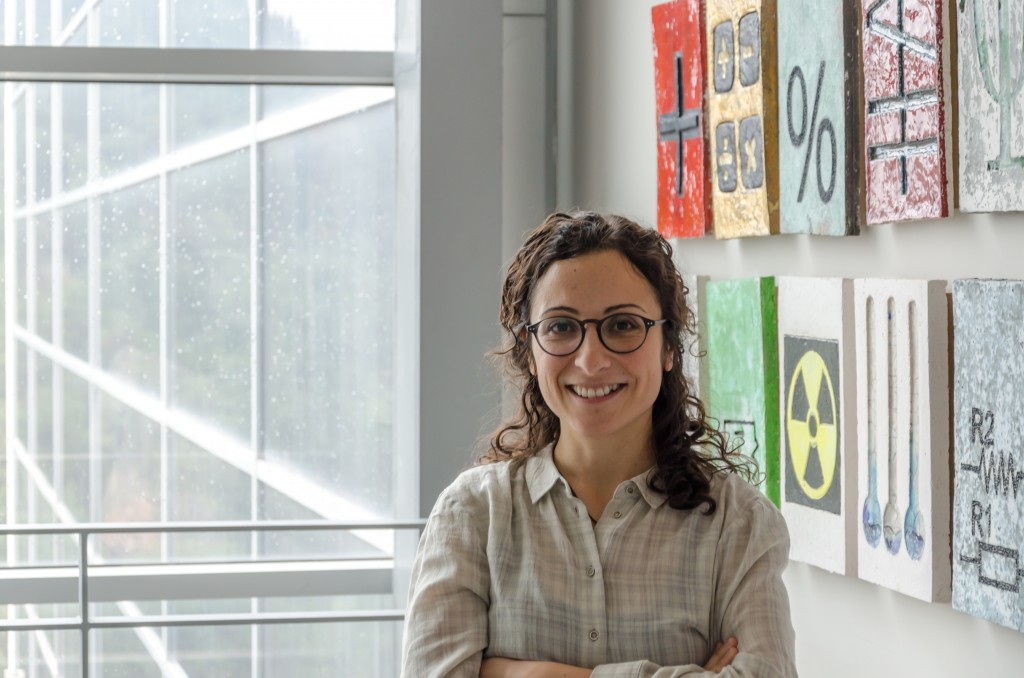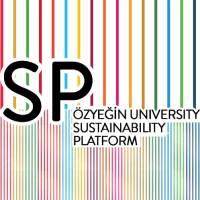Resource Planning Problems and Models for Effective Management of Chronic Dialysis Patients after a Disaster

Project Manager:
Burcu Balçık Koyuncu
Section:
Industrial Engineering
Research Areas:
Applications of Industrial Engineering
Project Start Year:
2020
Project End Year:
2023
Phone:
0 (216) 564 9390
E-Mail:

About the Project:
Disasters, which affect the lives of thousands of people when they occur, pose a serious life threat to chronic patients who need regular treatment even under normal conditions. For example, regular treatment of chronic dialysis patients that suffer renal insufficiency may not be possible because the capacity of the dialysis services may significantly drop due to various effects of a disaster. Decisions should be taken in a complex post-disaster environment, such as to which health care facilities patients will be referred after a disaster, whether reduced treatment options should be applied, and how to schedule the dialysis treatment sessions in the dialysis centers. This project aims to introduce new resource planning problems addressing disaster preparedness and response stages to serve the vulnerable chronic dialysis patients better and develop effective mathematical models and solution methods for these problems.
The proposed project will address three distinctive problems that focus on designing and managing pre-disaster and post-disaster dialysis service systems for chronic dialysis patients. The first problem, which focuses on post-disaster planning, integrates chronic dialysis patients to the surviving post-disaster health institutions by identifying the minimum treatment requirements for each patient and scheduling their treatments considering the available session capacity. The second problem that is dealt with after the disaster is to address the uncertainties in the transportation network in order to prevent the loss of time and resources due to delays in patients' appointments. The third problem focuses on strategies for establishing a network of alliances and reporting patients' backup centers to prepare chronic dialysis health care facilities and patients for an expected disaster. For the proposed problems, integer programming and two-stage stochastic programming models and heuristic methods that will find fast and quality solutions appropriate to the structure of the problems will be developed. The performance of the methods will be evaluated by conducting computational study. In addition, case studies based on realistic data will be conducted considering the possible earthquake-induced disaster scenarios in Istanbul.
The proposed project has a high potential for making a societal contribution, since it focuses on disaster preparedness of patients with chronic health problems as well as the organizations serving these patients so that access to effective treatments can be achieved after disasters. In addition, since there are not many studies in the literature focusing on the planning of post-disaster health operations, the project will be a pioneer in the related literature. It will also have important methodological contributions by means of proposing new problems and developing novel mathematical models and solution methods.
Goal:
SDG 3
Keywords:
Disasters, chronic patients
